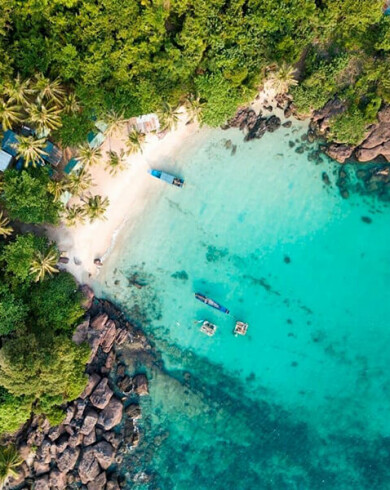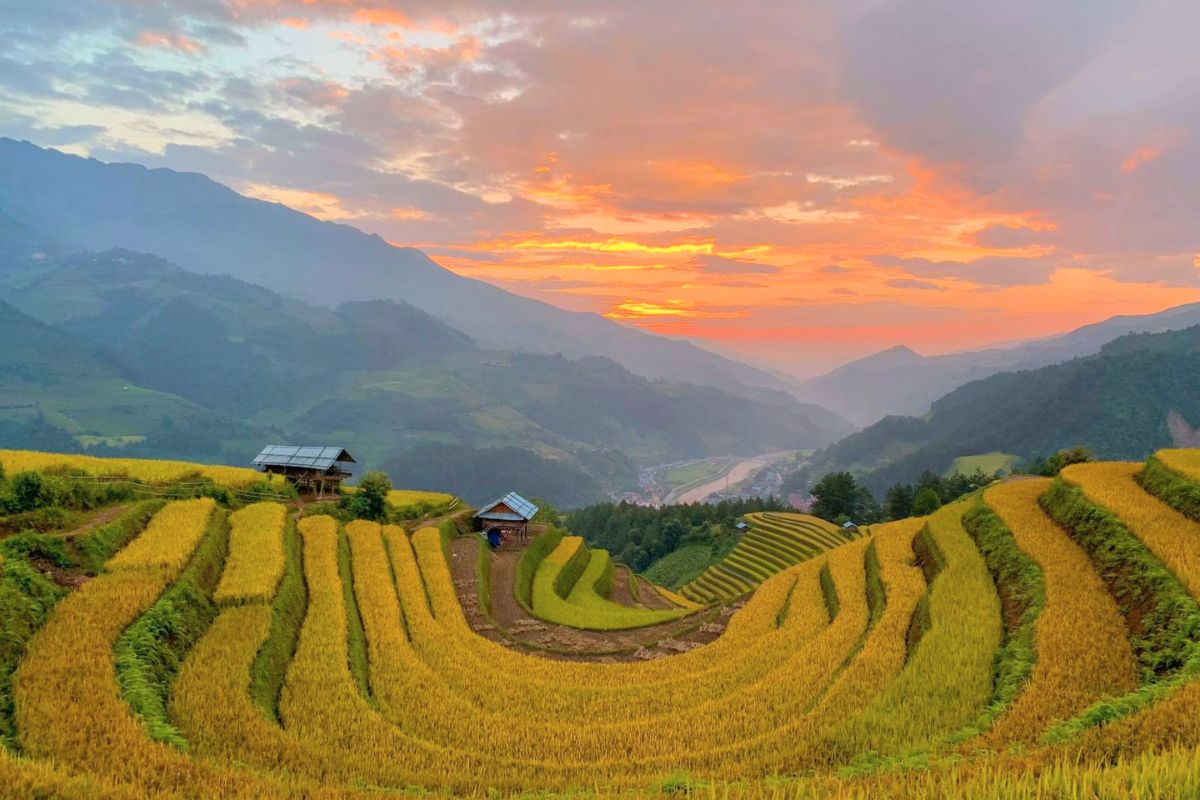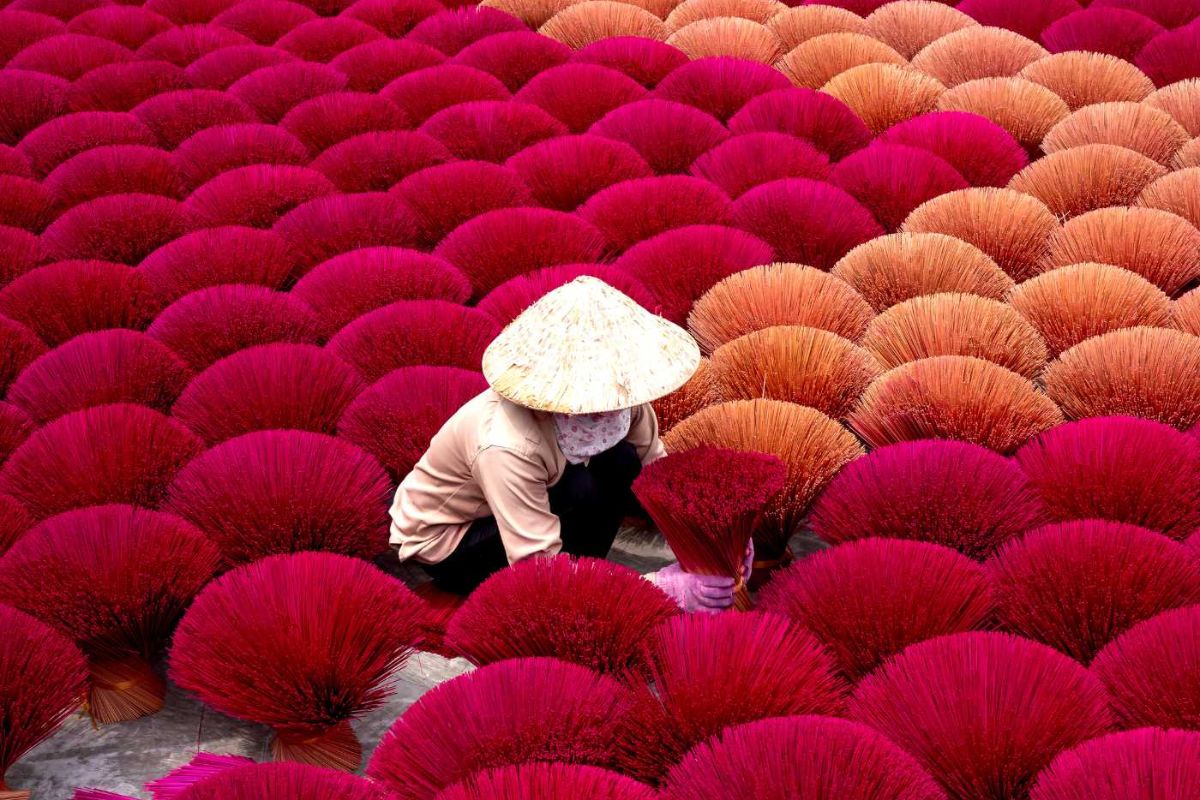TABLE OF CONTENT
- Vietnam visa requirements: things to know before going to Vietnam
- Currency and purchase
- Learn some Vietnamese
- Transportation in Vietnam
- Best time to visit Vietnam
- Vietnamese food
- Crossing the street in Vietnam
- What is considered rude in Vietnam?
- Vietnamese attitude towards foreigners
- Vietnam haggling custom
- What should I be careful of in Vietnam?
- Travel agents are your friends
Vietnam offers an array of breathtaking landscapes, captivating the hearts of travelers worldwide. As you prepare to unlock Vietnam’s secrets, it’s crucial to arm yourself with knowledge – insights that will guide you through the nation’s customs, regulations, and practicalities. If you have your sights set on an adventure in Vietnam, equip yourself with these 12 indispensable things to know before going to Vietnam.
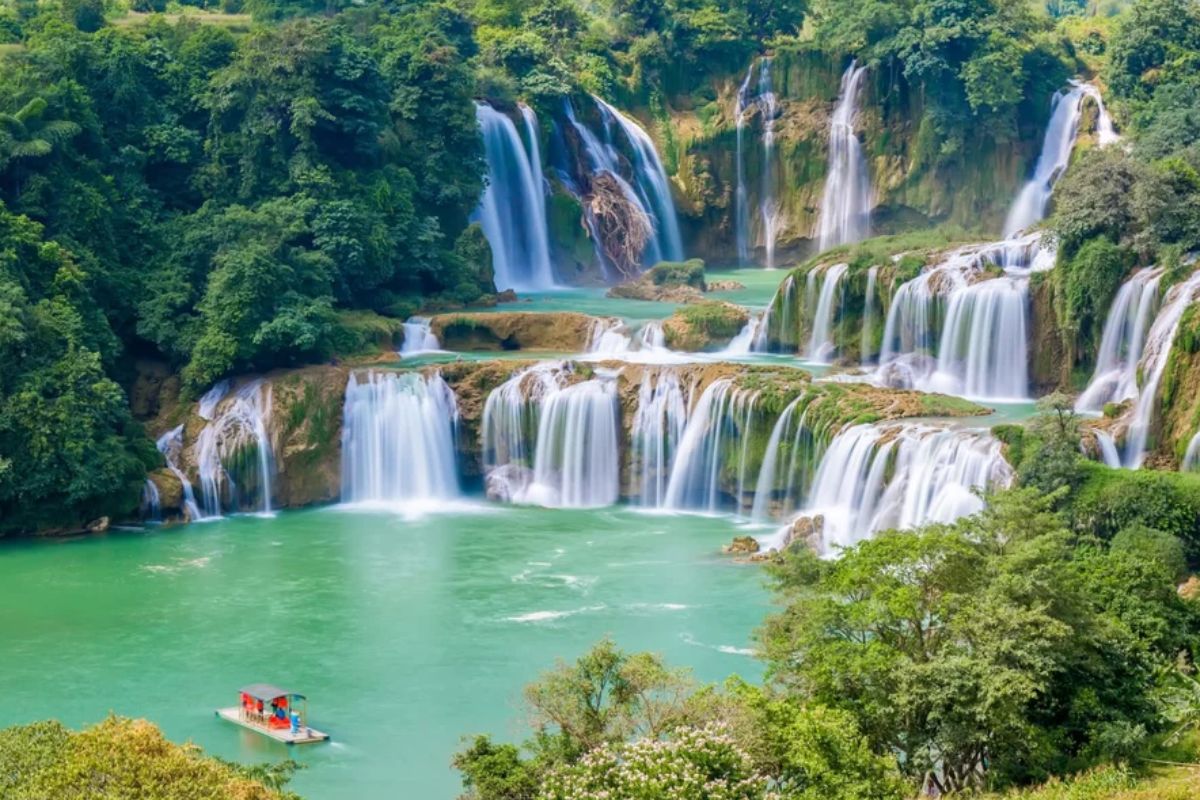
Vietnam visa requirements: things to know before going to Vietnam
Unlike some of its neighbors like Thailand and Cambodia, Vietnam requires most visitors to secure a visa or preapproval before arrival. Citizens from outside Southeast Asia generally need this documentation.
Fortunately, obtaining a visa is straightforward for most nationalities, thanks to the e-Visa system and visa-on-arrival pre-approval. The only official eVisa website is managed by the Vietnamese government at https://evisa.xuatnhapcanh.gov.vn/trang-chu-ttdt. For a 30-day, single-entry e-Visa, you should go directly to this site.
For stays exceeding 30 days or for multiple entries, you will need to use a travel agency to get a pre-approval letter for your visit to Vietnam.
Read more: Vietnam Visa Requirements for Australian Citizens: Latest 2024 Update
Currency and purchase
One of the things to know before going to Vietnam is about the currency. The official currency of Vietnam is the Dong (VND). Commonly used denominations include 5,000, 10,000, 20,000, 50,000, 100,000, 200,000, and 500,000 VND.
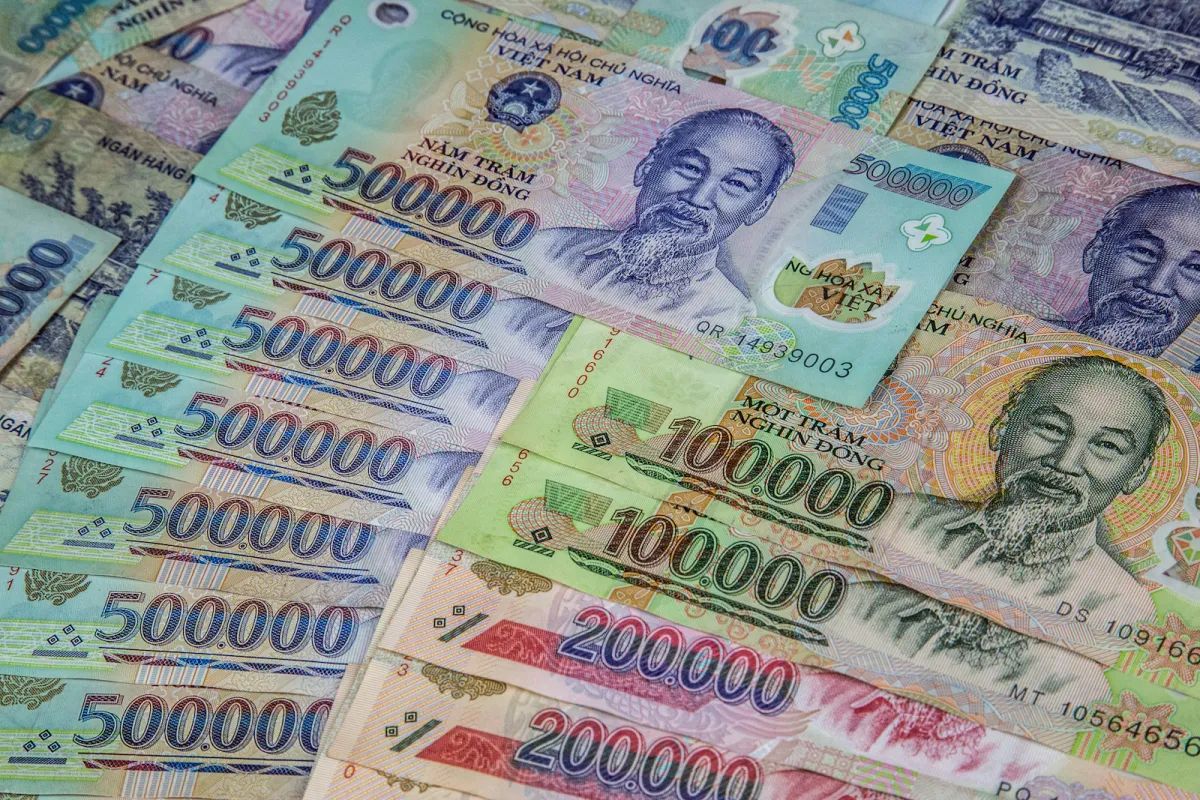
When you arrive in Vietnam, you can exchange your currency at airports, banks, exchange kiosks, or even at hotels. Make sure your bills are intact, without tears or excessive wear, to guarantee smooth transactions and favorable exchange rates.
ATMs are widely available, so it’s unnecessary to carry large amounts of cash. You can easily withdraw local currency from these machines at competitive exchange rates. It’s advisable to keep small denominations in Dong for minor purchases or transportation fares.
Credit cards, particularly Visa and MasterCard, are widely accepted at restaurants, hotels, and modern convenience stores. Be aware that a service fee of 3-4% may apply, depending on the card type used.
Learn some Vietnamese
English is not widely spoken in Vietnam, though exceptions exist in major cities like Hanoi and Ho Chi Minh City, as well as tourist hubs. Despite potential language barriers, you can overcome communication challenges by utilizing online translation apps on your smartphone.
Vietnamese youngsters, particularly students, are eager to engage with foreign visitors to enhance their English proficiency, purely for educational purposes. In Hanoi, for instance, you’ll often encounter groups of students conversing with foreigners near Hoan Kiem Lake.
Learning basic Vietnamese phrases such as “Xin chào” (hello) and “cảm ơn” (thank you) is highly recommended. These simple gestures foster connections with locals and facilitate meaningful interactions, enriching your travel experience.
Transportation in Vietnam
Vietnam stretches along a considerable distance, from the northern city of Hanoi to the southern Ho Chi Minh City, spanning over 1,000 miles. Covering this vast expanse by car would consume approximately 30 hours. Even with a month at your disposal, flying is the optimal choice to explore the highlights across the southern, central, and northern regions.
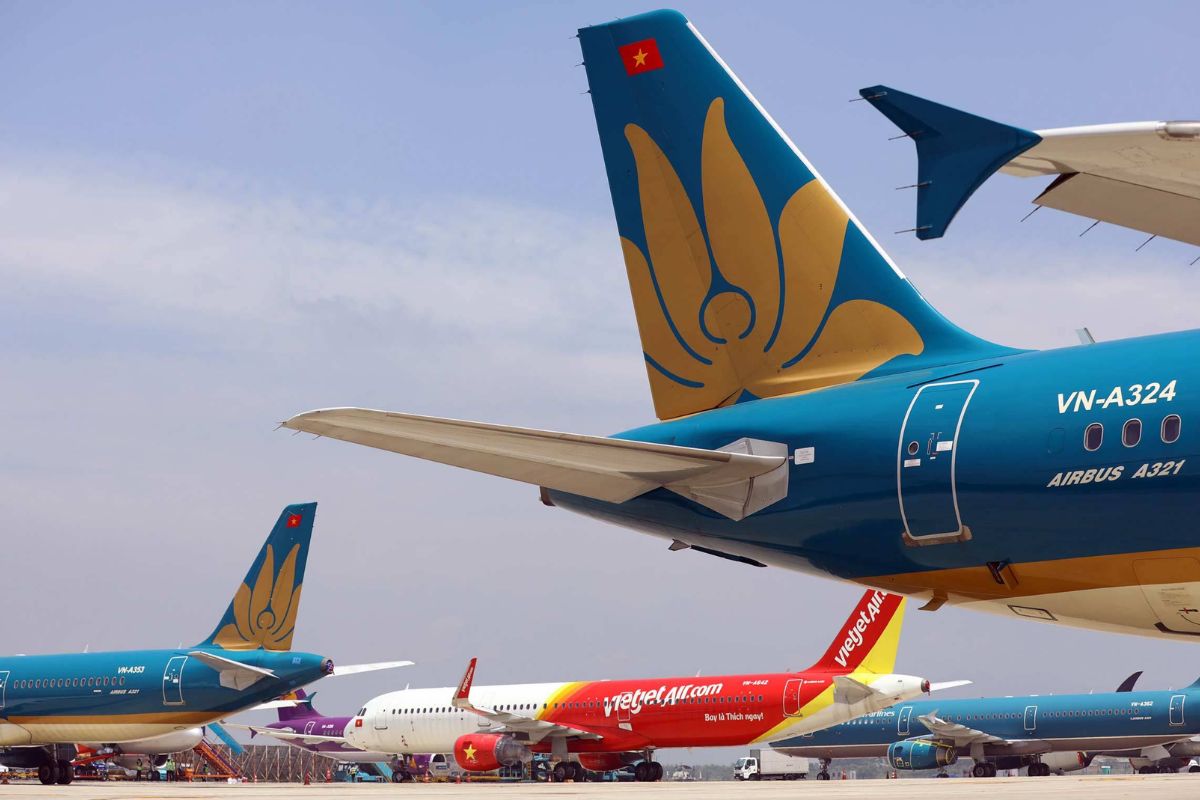
While opting for bus or train travel might save a few dollars, it entails enduring lengthy journeys and tedious experiences. To maximize your time and comfort, plan your trip in advance and secure flights early to access a variety of affordable options.
For budget-conscious travelers, Vietjet Air offers economical fares, despite its reputation for occasional delays. Alternatively, Vietnam Airlines provides superior comfort and professional service, albeit at a higher price point.
Best time to visit Vietnam
Choosing the best time to visit Vietnam allows tourists to have the best things to do in Vietnam. Vietnam has a tropical monsoon climate, with distinct regional variations, so choosing the best time to visit depends on where you plan to travel.
In the north, including Hanoi and Halong Bay, the best time is from October to April when it’s dry and cool. Summers (May to September) can be hot and humid, with heavy rainfall.
Central Vietnam, home to cities like Hue and Hoi An, has a slightly different weather pattern. The ideal months are between February and May when conditions are warm and dry. July to November is the rainy season.
For the southern region, including Ho Chi Minh City and the Mekong Delta, the dry season runs from November to April/May. The wet season lasts from May to early November, with the heaviest rainfall between June and August.
If you’re visiting multiple regions, the shoulder months of April-May and September-October offer the most pleasant weather across most of the country, albeit with a slight chance of rain.
Vietnamese food
Vietnamese cuisine is renowned for its wholesome nature and rich flavors, owing to the harmonious blend of fresh herbs, vegetables, rice, noodles, and an array of seafood, pork, and beef.
While upscale restaurants offer exquisite dining experiences, the most authentic Vietnamese fare can often be savored at roadside stalls, bustling street markets, and unassuming eateries. Here are some iconic dishes you must try: pho, bun cha, banh mi, mi quang, goi cuon (Vietnamese spring rolls), banh xeo (crispy pancake),…
>>Read more: Top 12 Must-try Dishes in Vietnam
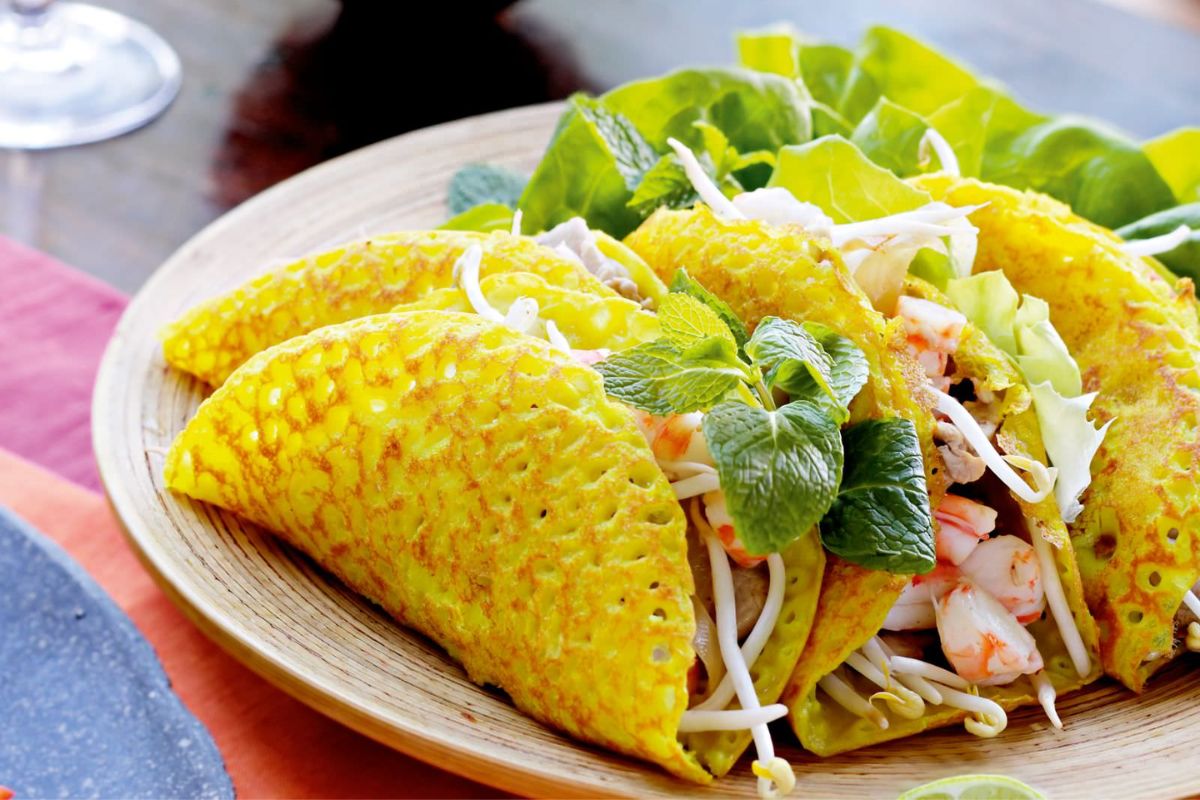
How to avoid food poisoning in Vietnam? To avoid food poisoning, it’s essential to exercise caution when dining out. Stick to reputable restaurants, avoid undercooked or raw dishes, and be cautious with street food if you have a sensitive stomach. Additionally, carry medication for digestive issues and stay hydrated.
Crossing the street in Vietnam
Navigating Vietnam’s bustling streets can be an adventure due to the diverse and bustling traffic, with motorcycles reigning as the most prevalent mode of transportation. Congestion peaks during rush hours, weekends, and holidays.
Crossing a street in Vietnam can be daunting, lacking pedestrian signals. It may require some adjustment before feeling at ease. Move cautiously, taking slow steps to allow traffic to anticipate your movements and maneuver around you safely.
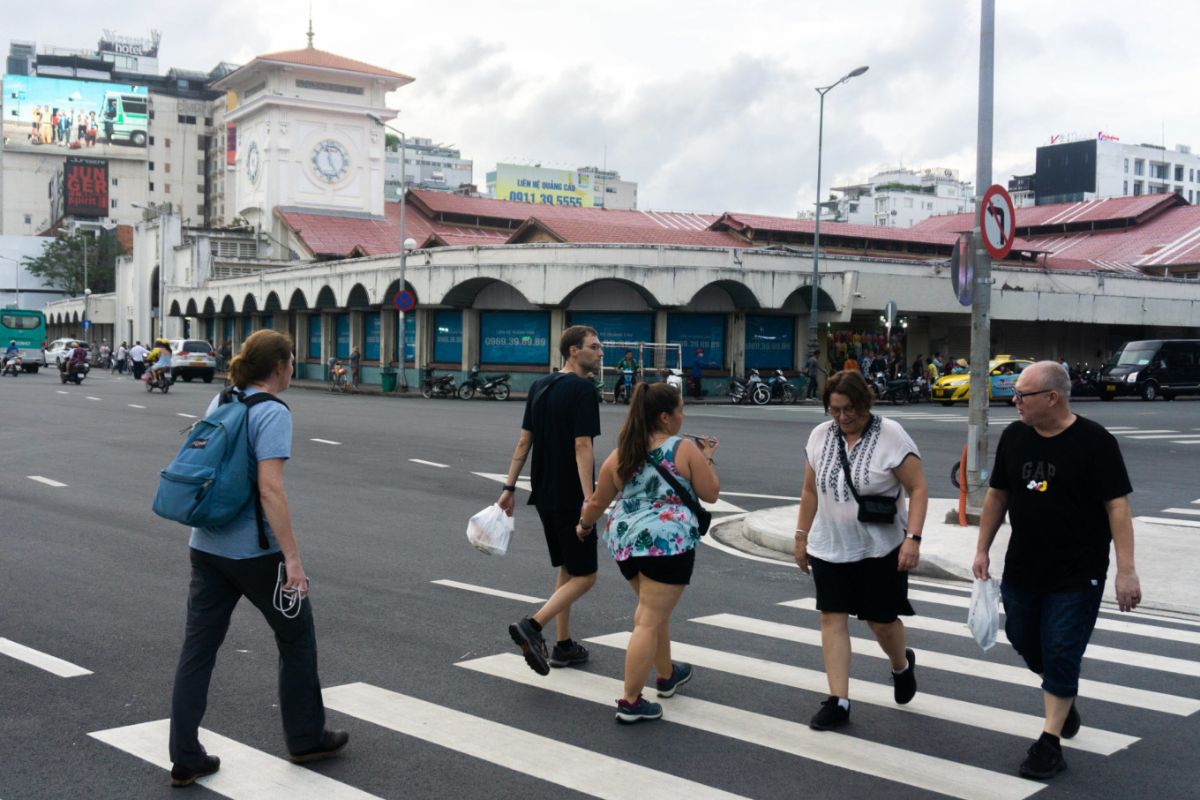
What is considered rude in Vietnam?
Respecting local customs is essential when traveling to Vietnam so we suggest following a few basic rules of Vietnamese etiquette. Some things considered rude include wearing revealing clothing when visiting religious sites, pointing with your index finger, and touching someone’s head.
It’s essential to be mindful of certain cultural norms to avoid inadvertently causing offense. Always seek permission before photographing individuals, respecting their privacy and autonomy. Additionally, refrain from capturing images of anything associated with the military, as this could result in significant penalties or legal consequences.
>> Vietnam Travel Guide: What To Know Before Your Journey. Discovery here!
Vietnamese attitude towards foreigners
Understanding the Vietnamese perspective towards foreigners is crucial for a positive experience in the country. Generally, Vietnamese people are known for their warmth, hospitality, and amicability. While financial incentives may occasionally influence interactions, genuine kindness and assistance are prevalent.
As you immerse yourself in Vietnamese communities, particularly in rural areas, you’ll develop a deeper appreciation for their inherent kindness and helpfulness, despite potential language barriers. Interacting with locals over time fosters mutual understanding and respect.

Vietnam haggling custom
Haggling is a special culture in Vietnam, and tourists can absolutely practice it. Haggling mainly occurs in markets, retail stores, street vendors or even beauty and massage parlors on the street. Tourists who know how to haggle will not only save money but also learn more about Vietnamese culture.
You can either request a “better price” or suggest an amount you’re willing to pay. However, note that in restaurants and bars, prices are typically fixed, except during happy hour. Understanding the art of haggling is crucial for an authentic Vietnamese experience.
Top tip: If a vendor allows you to leave without further lowering the price, it’s a sign you may have offered too little. You can always return later to accept the last price they proposed.
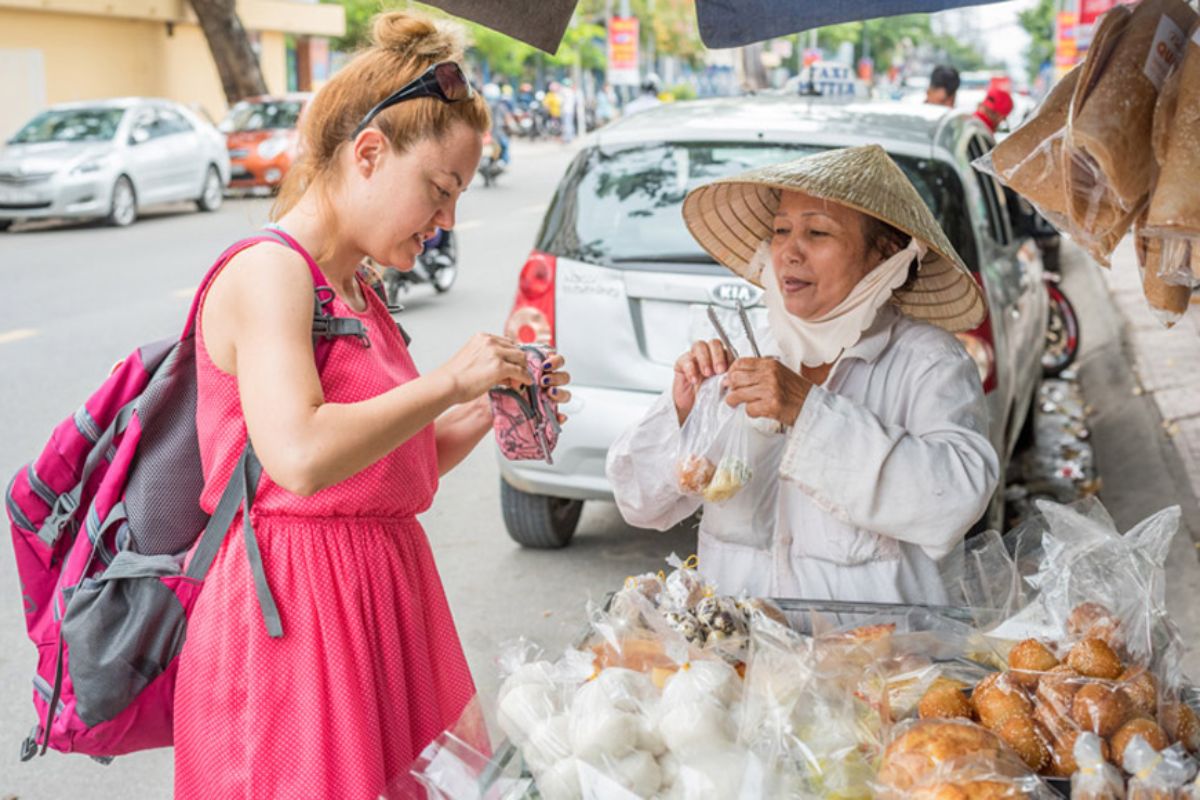
What should I be careful of in Vietnam?
While most Vietnamese people are friendly and welcoming, visitors should be wary of common scams. These can include fake taxi meters, overpriced motorbike rentals, poor quality accommodation and fake tours. Before purchasing any service, visitors should carefully evaluate the services and, where possible, read reviews to avoid falling prey to these scams.
Travel agents are your friends
Navigating a new country can be challenging, especially if you’re unfamiliar with the language and customs. Hiring a reputable travel agent or tour company can alleviate many of these concerns and ensure a smooth and enjoyable experience. Asia Encounter is a well-regarded travel company specializing in Vietnam tours, offering customized itineraries and knowledgeable local guides to help you make the most of your journey.
If you’re looking for an emotional Vietnam journey with friends or family, don’t miss out on this 14-day tour option from Asia Encounter:
Asia Encounter believes that these things to know before going to Vietnam will enhance your trip to this beautiful country. If you have already visited, we invite you to share your experiences with us. For those planning a visit, please reach out with any questions or concerns here. It would be our pleasure to hear from you and provide further guidance to make your Vietnamese adventure truly remarkable.

